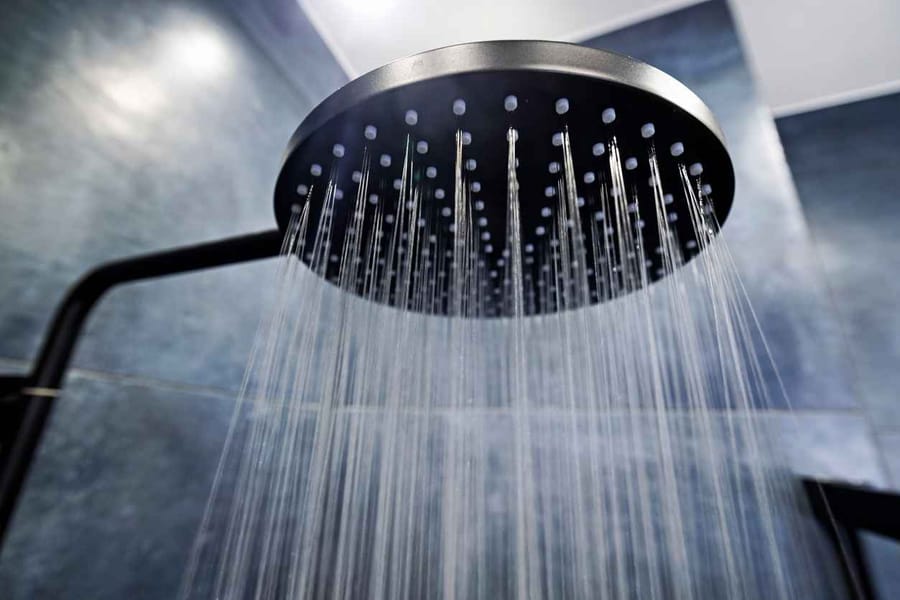absolute plumbing Inc.
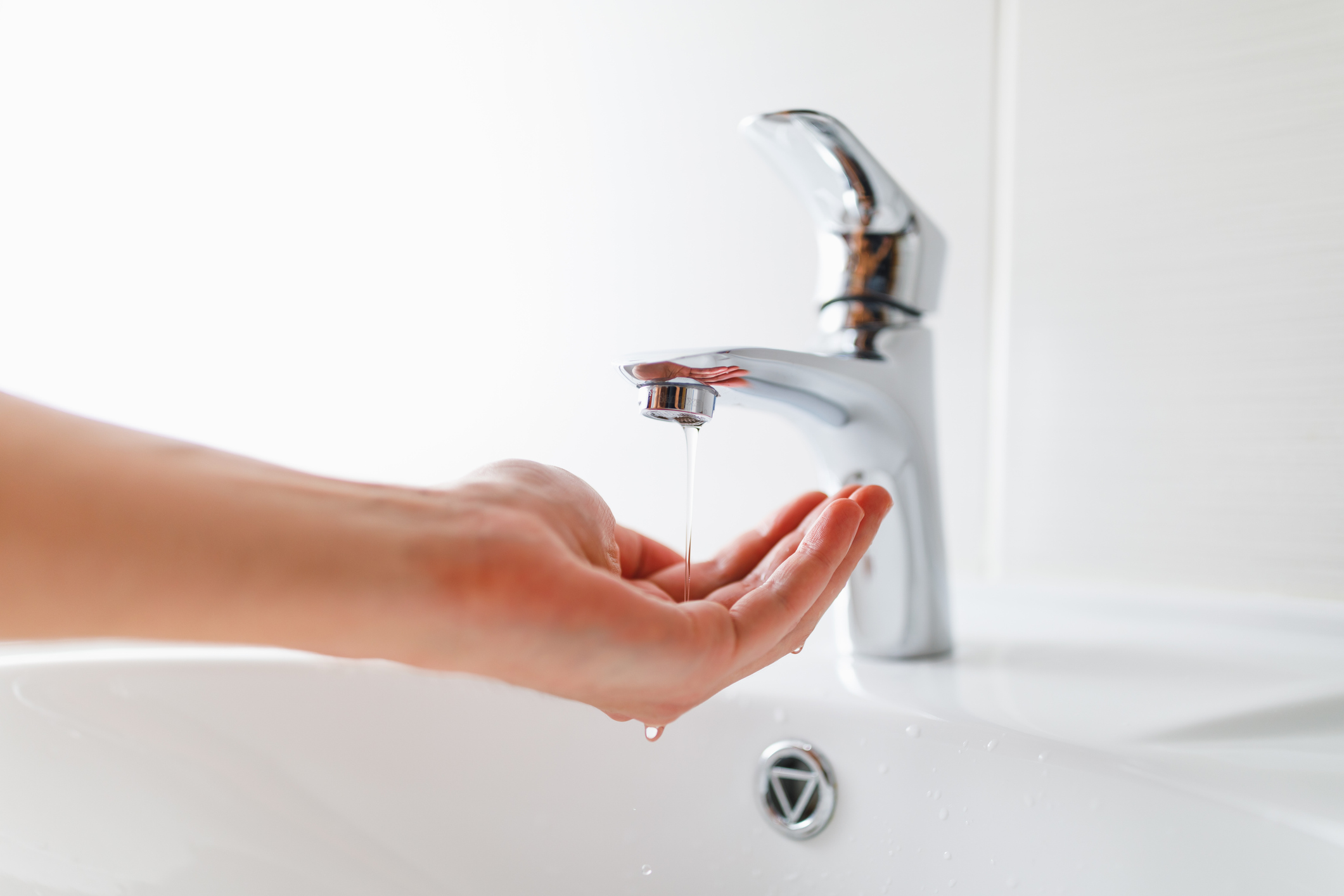
Why is My Water Pressure Low?
Low water pressure in a house can be a frustrating issue, whether you’re trying to take a shower, do laundry, or wash dishes. When the water pressure is low, these simple tasks can take much longer than they should. But what exactly causes low water pressure, and how can you fix it? In this blog post, we’ll explore the common causes of low water pressure in your home and provide practical solutions to restore it.
Common Causes of Low Water Pressure in House
Understanding why your water pressure is low can help you address the issue more effectively. Here are some of the most common reasons for low water pressure in a house:
Clogged Pipes
Over time, mineral deposits, rust, and debris can build up inside your plumbing pipes. This buildup restricts the flow of water, leading to low water pressure. If your water pressure has gradually decreased over time, clogged pipes might be the culprit. You can try using a pipe cleaner or call a professional plumber to assess the situation.
Leaky Pipes
Another common cause of low water pressure is a leak somewhere in your plumbing system. When there’s a leak, water escapes the pipes before it reaches your faucets, resulting in lower pressure. If you notice water stains on your walls or ceilings, damp spots in your yard, or an unexplained increase in your water bill, you might have a leak that’s affecting your water pressure.
Faulty Pressure Regulator
A pressure regulator is a device that controls the water pressure coming into your home from the main water line. If this device malfunctions, it can either increase or decrease the water pressure in your house. If all the faucets in your home are experiencing low water pressure, a faulty pressure regulator could be to blame. Replacing the regulator can usually fix the issue.
Partially Closed Valves
If you’ve recently had plumbing work done in your home, it’s possible that a valve was left partially closed, restricting water flow. Check the main shut-off valve and any other valves near your water meter to ensure they are fully open. This simple check could quickly resolve your low water pressure problem.
Corroded Plumbing
Older homes with galvanized steel pipes are particularly susceptible to corrosion, which can significantly reduce water pressure. Corrosion inside the pipes not only decreases water flow but also leads to leaks and other plumbing problems. Replacing corroded pipes with modern materials like copper or PEX can restore proper water pressure.
Municipal Water Supply Issues
Sometimes, the issue isn’t within your home at all. If your entire neighborhood is experiencing low water pressure, the problem might be with the municipal water supply. Maintenance work, a broken water main, or other issues in the city’s water supply system can lead to temporary low water pressure. Contact your local water department to inquire about any known issues in your area.
How to Fix Low Water Pressure
Now that we’ve covered some of the common causes of low water pressure, let’s look at how to fix these issues:
Clear Clogged Pipes
If mineral deposits or debris are causing low water pressure in your house, you can try flushing the pipes with a mixture of vinegar and baking soda to break down the buildup. For more severe clogs, professional pipe cleaning or pipe replacement might be necessary.
Repair Leaky Pipes
If you suspect a leak is causing your water pressure to be low, it’s important to address it immediately. Leaky pipes not only reduce water pressure but can also cause significant damage to your home. A professional plumber can locate the leak and repair or replace the damaged section of the pipe.
Replace the Pressure Regulator
A malfunctioning pressure regulator can cause your water pressure to fluctuate. If this is the case, replacing the regulator should restore your water pressure to normal levels. This is a relatively simple and inexpensive fix that a plumber can handle quickly.
Check and Open Valves
Partially closed valves are an easy fix. Locate the main shut-off valve and any other valves near your water meter and make sure they are fully open. This should immediately improve the water flow in your home.
Upgrade Corroded Plumbing
If your home has old, corroded pipes, it’s likely time for an upgrade. Replacing galvanized steel pipes with modern materials can not only solve low water pressure issues but also prevent future plumbing problems. While this is a more significant investment, it’s often necessary to maintain a safe and efficient plumbing system.
Contact Your Water Provider
If the problem is with the municipal water supply, there’s little you can do within your home to fix it. However, you should still report the issue to your water provider so they can investigate and address the problem.
Preventing Future Water Pressure Issues
To avoid dealing with low water pressure in the future, it’s important to maintain your plumbing system. Here are a few tips:
- Regular Inspections: Have your plumbing system inspected by a professional plumber at least once a year. This can help catch potential issues before they become major problems.
- Pipe Maintenance: Consider having your pipes flushed or cleaned periodically to prevent mineral buildup and debris from causing clogs.
- Water Softener Installation: If your area has hard water, installing a water softener can help reduce mineral deposits in your pipes, extending their lifespan and maintaining water pressure.
- Pressure Regulator Check: Have your pressure regulator checked during your annual plumbing inspection to ensure it’s functioning correctly.
- Stay Informed: Keep an eye on any notices from your local water provider regarding maintenance work or other issues that could affect your water pressure.
Conclusion
Experiencing low water pressure in your house can be inconvenient, but with the right knowledge and professional help, it’s a problem that can be resolved. Whether the issue is due to clogged pipes, a leak, or a malfunctioning pressure regulator, addressing it promptly can restore your home’s water flow to normal. If you’re dealing with low water pressure and need assistance, contact Absolute Plumbing today. Our experienced team is here to diagnose and fix the problem, ensuring your plumbing system works perfectly.
Don’t let low water pressure disrupt your daily routine—contact Absolute Plumbing for all your plumbing needs and enjoy reliable water flow in your home!
Recent News
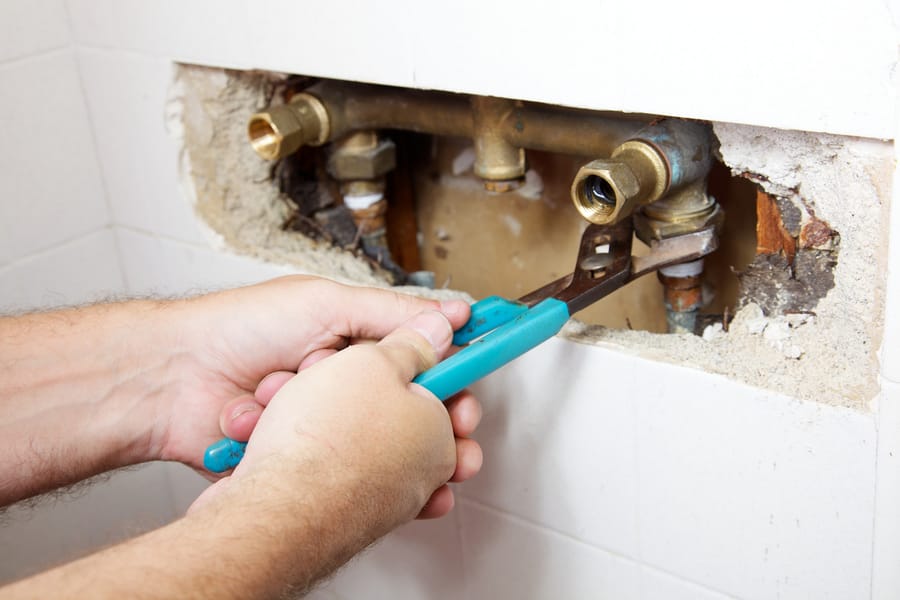
The Cost of Delay: How a Small Spring Leak Becomes a Summer Foundation Repair
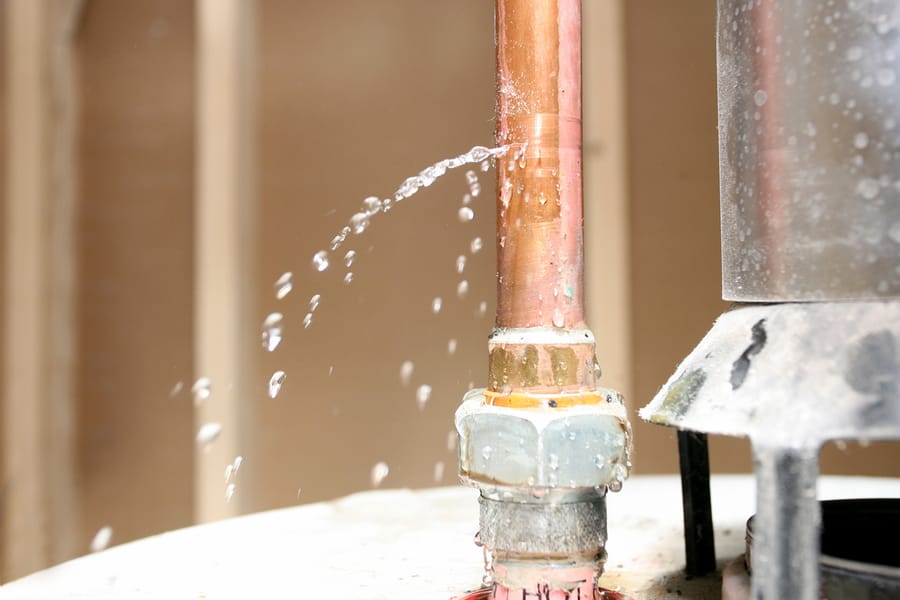
Why North Texas Homes Experience More Pipe Leaks in Winter and Early Spring
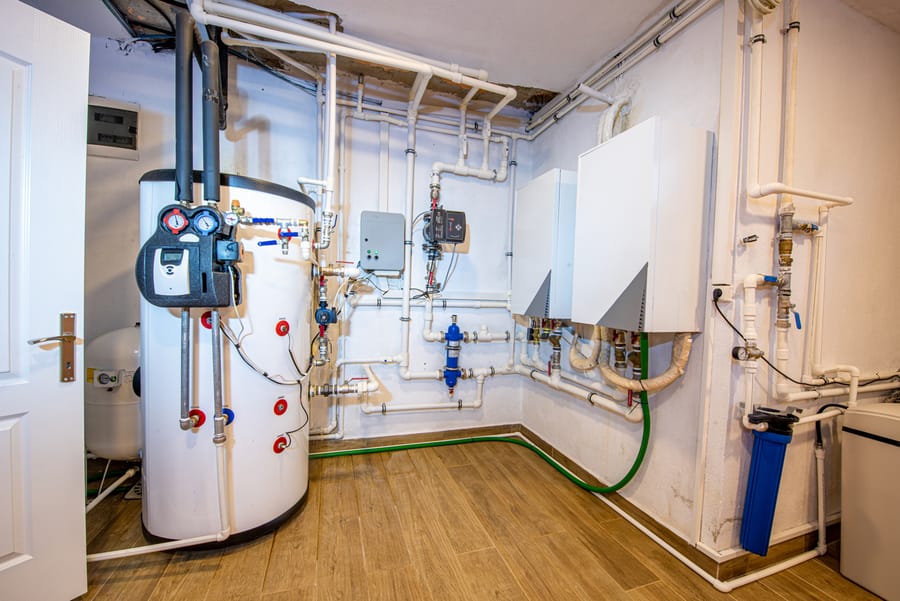
Why Your Water Heater Struggles More During Winter in Flower Mound
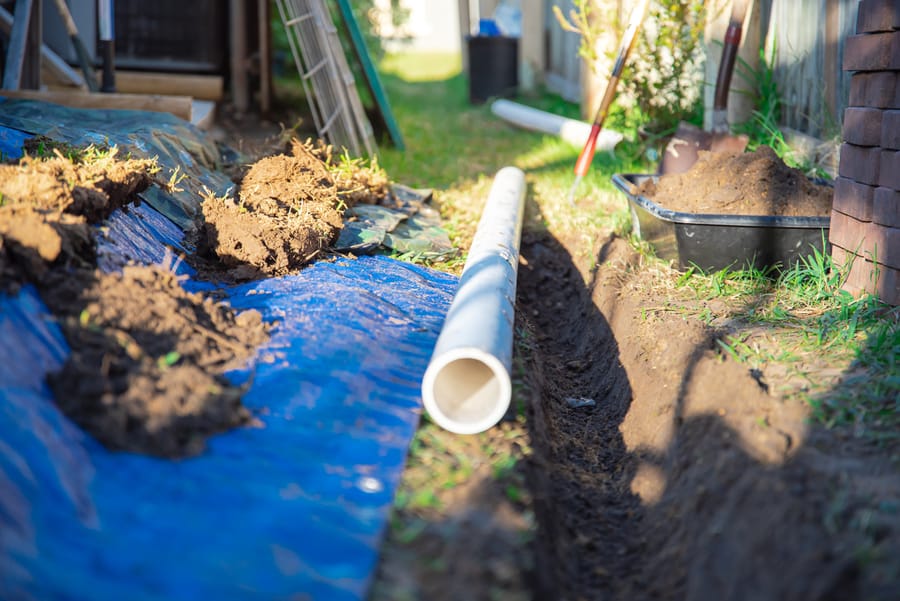
How Soil Shifting in North Texas Impacts Sewer Lines and Drains
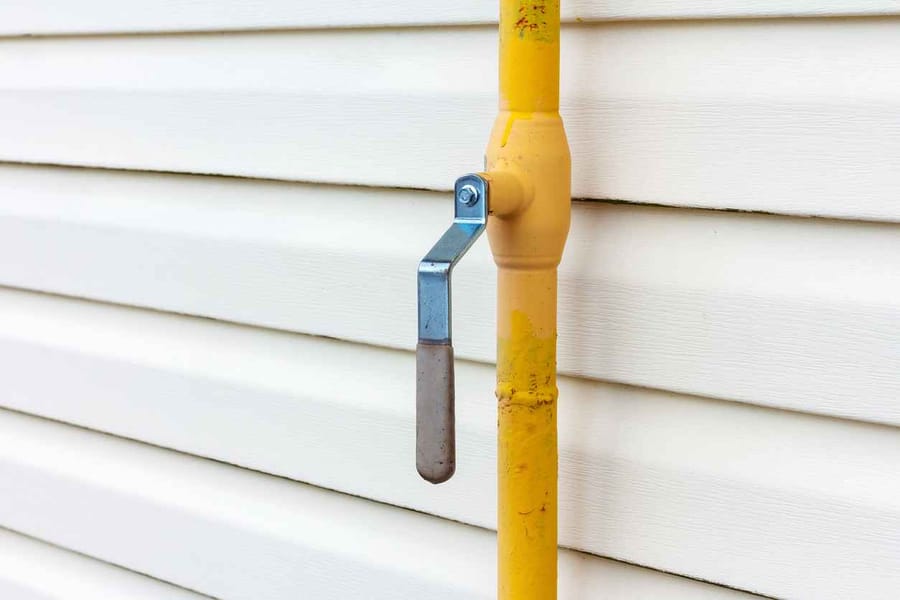
Gas Line Safety in Texas Homes: What to Do Before Cold Weather Arrives

Inside a Plumbing Inspection: What We Check and Why It Matters
